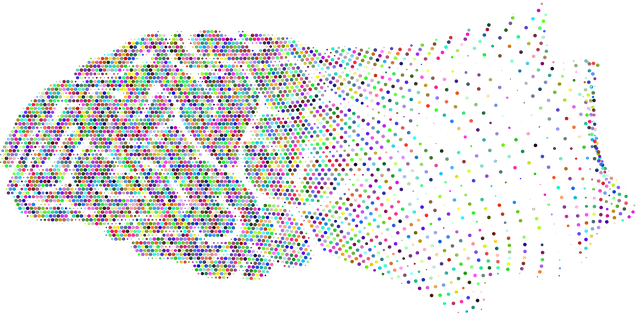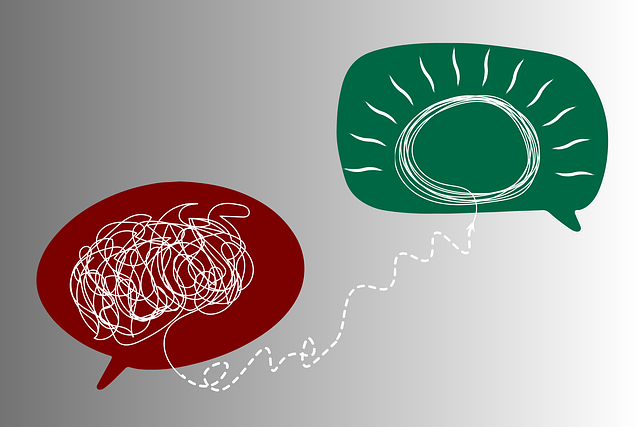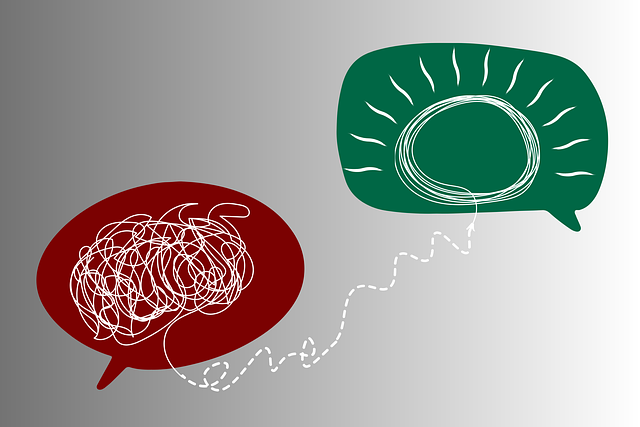Englewood Child Abuse Therapy prioritizes risk assessment in child therapy, going beyond danger identification to evaluate history, present circumstances, and therapeutic environment. This process predicts and prevents harm while strengthening children's coping abilities through tailored stress reduction methods and coping skills development programs. Their proactive approach creates safer environments, fosters resilience against abuse, breaks cycles of harm, and promotes positive relationships, all reflecting a commitment to supporting community members. Through specialized trauma-informed care and evidence-based practices, Englewood Child Abuse Therapy equips both children and caregivers with effective coping mechanisms and resilience-building tools for long-term healing and well-being.
Risk assessment and harm minimization planning are critical components of child therapy, ensuring a safe environment for vulnerable young minds. This article explores essential practices in child therapy settings, with a focus on understanding risk assessment and implementing effective strategies. We delve into the significance of these processes, highlighting how they can prevent and mitigate potential harms. Specifically, we examine the role of Englewood Child Abuse Therapy in fostering secure environments through comprehensive risk management.
- Understanding Risk Assessment in Child Therapy Settings
- Implementing Harm Minimization Strategies
- The Role of Englewood Child Abuse Therapy in Safe Environments
Understanding Risk Assessment in Child Therapy Settings

In child therapy settings, risk assessment is a crucial process aimed at identifying and mitigating potential hazards that may impact a child’s well-being during therapy sessions. This involves meticulously evaluating various factors such as the child’s history, present circumstances, and the therapeutic environment to predict and prevent any harm. At Englewood Child Abuse Therapy, we prioritize this process to ensure every child receives safe and effective treatment.
Comprehensive risk assessment goes beyond merely identifying dangers; it involves analyzing a child’s strengths and coping abilities as well. By understanding these aspects, mental health professionals at Englewood can implement tailored stress reduction methods and coping skills development programs. This proactive approach not only minimizes risks but also empowers children with valuable tools to navigate challenging situations, fostering their resilience and overall mental health.
Implementing Harm Minimization Strategies

Implementing Harm Minimization Strategies involves a multi-faceted approach tailored to address the unique needs of individuals and communities. At Englewood Child Abuse Therapy, we emphasize proactive measures to safeguard well-being and foster resilience. This includes integrating Stress Reduction Methods and Conflict Resolution Techniques into therapeutic practices. By teaching individuals effective stress management skills, we empower them to navigate challenging situations with composure. Additionally, conflict resolution training equips folks with constructive ways to address disagreements, thereby reducing the risk of harm and promoting healthier interactions.
Through these strategies, communities can create a safer environment for all. It’s about more than just reacting to problems; it’s about equipping individuals with tools to prevent harm and build positive relationships. This proactive harm minimization approach is crucial in breaking cycles of abuse and fostering a culture of support and understanding.
The Role of Englewood Child Abuse Therapy in Safe Environments

Englewood Child Abuse Therapy plays a pivotal role in fostering safe and supportive environments for vulnerable children. By specializing in trauma-informed care, they offer evidence-based practices that address the complex needs of children who have experienced abuse or neglect. The therapy center equips both children and their caregivers with essential tools for coping and resilience building.
Through dedicated programs and services, Englewood Child Abuse Therapy promotes mood management strategies tailored to each individual’s unique experiences. Moreover, they emphasize healthcare provider cultural competency training, ensuring that all interactions are sensitive and respectful. This holistic approach not only minimizes immediate harm but also paves the way for long-term healing and well-being.
Englewood Child Abuse Therapy (ECAT) exemplifies a comprehensive approach to risk assessment and harm minimization planning in child therapy settings. By understanding the nuances of risk assessment, implementing evidence-based strategies, and fostering safe environments, ECAT prioritizes the well-being of its young clients. This holistic approach not only protects children but also empowers them to overcome challenges and thrive. Through continuous evaluation and adaptation, ECAT remains a beacon of safety and support in a complex world.











